
Smart Contracts in the Music Industry: Revolutionize Royalties & More
Smart Contracts in the Music Industry
The music industry is a complex and dynamic field that involves many stakeholders, such as artists, fans, record labels, streaming platforms, and more. However, it also faces many challenges, such as unfair compensation, lack of transparency, and high costs and inefficiencies. How can we solve these problems and create a more sustainable and flourishing ecosystem for music creation and consumption? The answer might lie in smart contracts, a revolutionary technology that can transform the music industry.
Smart contracts are self-executing agreements that are written in code and stored on a decentralized network called the blockchain. They allow parties to exchange value without intermediaries, such as banks, record labels, or streaming platforms. Smart contracts can also enforce the terms and conditions of the agreement automatically, ensuring trust and transparency.
In this blog, we will explore how smart contracts can benefit the music industry in three ways: simplifying royalty payments and ensuring fair compensation for artists, creating a direct link between artists and fans, and incentivizing fan engagement, and eliminating the need for intermediaries and reducing costs and inefficiencies.

Table of Contents
Simplifying Royalty Payments and Ensuring Fair Compensation for Artists
One of the biggest challenges that artists face in the music industry is getting paid fairly and timely for their work. According to a report by Citigroup, only 12% of the $43 billion revenue generated by the music industry in 2017 went to artists. The rest was taken by intermediaries, such as record labels, publishers, distributors, and streaming platforms. Moreover, artists often have to wait for months or even years to receive their royalty payments, due to the complex and opaque accounting systems that govern the music industry.
This is where smart contracts can make a difference. Smart contracts can enable artists to set their own terms and conditions for their music, such as how much they want to charge, who they want to share their royalties with, and how they want to distribute their music. Smart contracts can also automate the payment process, by sending the funds directly to the artists and their collaborators, as soon as the music is streamed or downloaded. This way, artists can receive their fair share of the revenue, without any delays or deductions.

One example of a platform that uses smart contracts for royalty payments is Musicoin, a blockchain-based music streaming service that pays artists in cryptocurrency. Musicoin claims to pay artists the highest streaming rate in the industry, at $0.011 per play, regardless of their popularity or genre. Musicoin also allows artists to create smart contracts with their producers, songwriters, and other contributors, and split the revenue according to their agreed percentages. Musicoin aims to create a more democratic and transparent music industry, where artists have more control and freedom over their music and income.
Creating a Direct Link Between Artists and Fans, and Incentivizing Fan Engagement
Another benefit of smart contracts in the music industry is that they can create a direct link between artists and fans, and incentivize fan engagement. Traditionally, artists have to rely on intermediaries, such as record labels, promoters, or streaming platforms, to reach their audience and market their music. However, these intermediaries often take a large cut of the revenue, limit the creative freedom of the artists, and control the access and distribution of the music.
Smart contracts can enable artists to bypass these intermediaries and connect with their fans directly, using decentralized platforms and applications. For example, artists can use smart contracts to create and sell their own tokens, which can represent various forms of value, such as ownership, access, or participation. Fans can buy these tokens and use them to support their favorite artists, access exclusive content or experiences, or participate in the creative process. This way, artists can generate more income, reward their loyal fans, and foster a more engaged and interactive community.

One example of a platform that uses smart contracts to create a direct link between artists and fans is Ujo Music, a blockchain-based music platform that allows artists to create, distribute, and monetize their music. Ujo Music uses smart contracts to store the metadata and ownership information of the music, and to automate the royalty payments and licensing agreements.
Ujo Music also allows artists to create their own tokens, which can be used to offer various benefits to their fans, such as early access, backstage passes, or voting rights. Ujo Music aims to create a more fair and transparent music industry, where artists have more control and autonomy over their music and career.
[Disclaimer: Ujo Music and I are not affilliated]
Eliminating the Need for Intermediaries and Reducing Costs and Inefficiencies
A third benefit of smart contracts in the music industry is that they can eliminate the need for intermediaries and reduce costs and inefficiencies. As we have seen, the music industry is dominated by intermediaries, such as record labels, publishers, distributors, and streaming platforms, who take a large share of the revenue and control the access and distribution of the music.
These intermediaries also introduce a lot of friction and complexity in the music industry, such as:
Legal disputes and lawsuits over contracts, rights, and royalties
Piracy and plagiarism of music and intellectual property
Censorship and manipulation of music and data
Lack of diversity and innovation in the music market
Smart contracts can address these issues by enabling artists to manage their own music and contracts, without relying on intermediaries. Smart contracts can also provide a more secure and transparent way of storing and verifying the music and its metadata, such as the authorship, ownership, and licensing information. Smart contracts can also enable new forms of music creation and consumption, such as:
Digital footprints:
Artists can use smart contracts to track and monetize their music across different platforms and applications, such as decentralized social networks, where users can use their music and get compensated for it every time it is used. This can create a more dynamic and diverse music ecosystem, where artists can reach new audiences and generate new revenue streams.
AI and tokenization:
Artists can use smart contracts to collaborate with artificial intelligence and tokenize their music, as explained in this article about digital footprints [Here]. This can protect their rights and enable new forms of creativity and innovation.
One example of a platform that uses smart contracts to eliminate intermediaries and reduce costs and inefficiencies is Volareo, a blockchain-based smart speaker that allows users to stream music and interact with artists. Volareo uses smart contracts to pay artists directly and fairly, based on the number and duration of streams. Volareo also allows users to tip artists using cryptocurrency, and to access exclusive content and experiences. Volareo aims to create a more interactive and rewarding music experience, where users can discover new music and support independent artists.
[Disclaimer: Volareo and I are not affilliated]

Discover the power of smart contracts for artists. Automate royalty payments, reduce fees, protect your rights, and more. Learn the basics now!
Conclusion

In this blog, I have explored how smart contracts, a revolutionary technology that enables self-executing agreements on the blockchain, can transform the music industry and create a more sustainable and flourishing ecosystem for music creation and consumption.
I have seen how smart contracts can benefit the music industry in three ways: simplifying royalty payments and ensuring fair compensation for artists, creating a direct link between artists and fans, and incentivizing fan engagement, and eliminating the need for intermediaries and reducing costs and inefficiencies.
I have also seen some examples of platforms and projects that use smart contracts for music distribution.
Hyprr Social
Hyprr is a blockchain-powered social media and content delivery platform that aims to provide a fairer, clearer social media experience that puts users, advertisers, and influencers in control. Unlike the other platforms and projects that I mentioned, which cater mostly to musicians and music enthusiasts, Hyprr has a broader and more diverse audience, who can enjoy and support various types of content, such as videos, photos, podcasts, and more.
Hyprr allows music creators to upload and share their music with this large and diverse audience, and to monetize their work using cryptocurrency. Hyprr also allows music consumers to discover and support new and independent music, and to interact with their favorite artists directly. Hyprr aims to create a more dynamic and rewarding music ecosystem, where music creation and consumption are incentivized and rewarded.
I’m an ambassador for Hyprr, because I believe in the future of decentralized social media and socialFi. I want to be one of the pioneers to kick start this economy, and to find a better place for artists. I think Hyprr is the perfect platform for that, as it offers a more democratic and transparent social media experience, where artists can have more control and freedom over their music and income, and where fans can have more access and engagement with their music and personality.
I believe that smart contracts can revolutionize the music industry and empower artists and listeners. However, I also acknowledge that there are some challenges and limitations that need to be addressed, such as the scalability, security, and usability of the blockchain technology, the legal and regulatory frameworks, and the adoption and awareness of the users. Therefore, I encourage you to explore more about smart contracts and blockchain technology, and to share your thoughts and opinions on this topic.
Do you think smart contracts can change the music industry for the better? What are some of the opportunities and risks that you see? How can we overcome the challenges and leverage the benefits of smart contracts in the music industry?
Let me know in the comments below, or reach out to me on my social media channels. Thank you for reading this blog, and I hope you enjoyed it and learned something new. Until next time, keep rocking and keep supporting independent music.
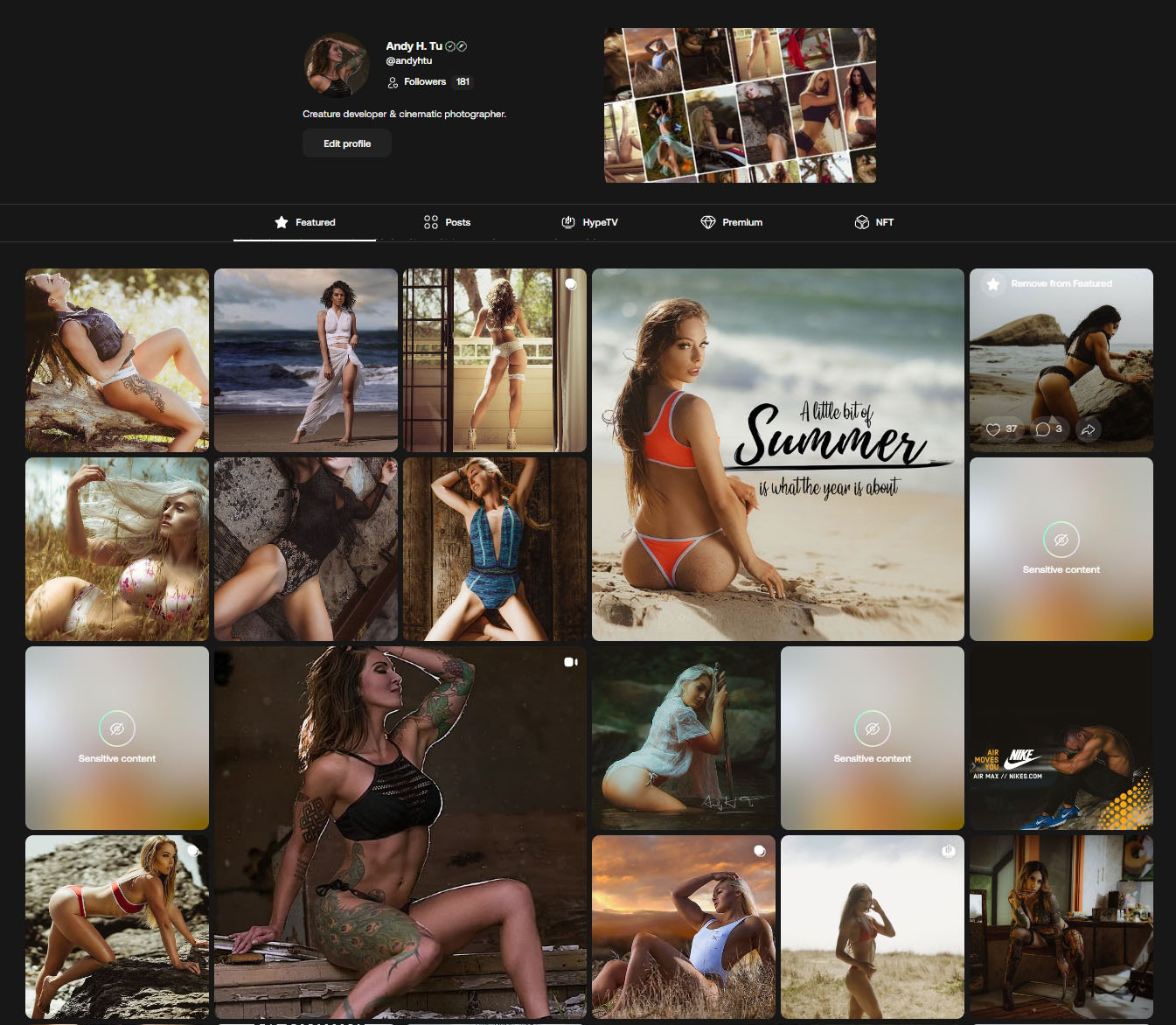
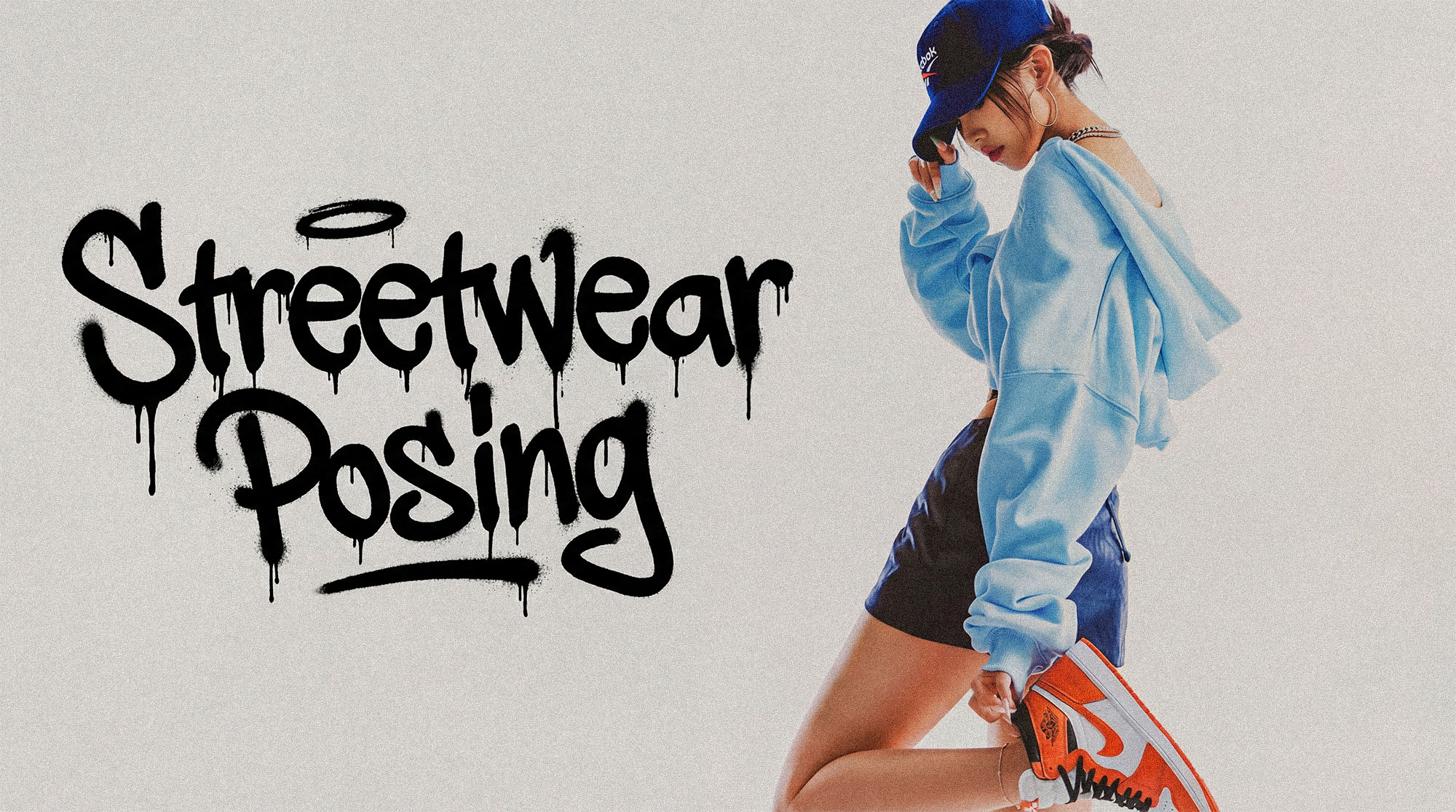
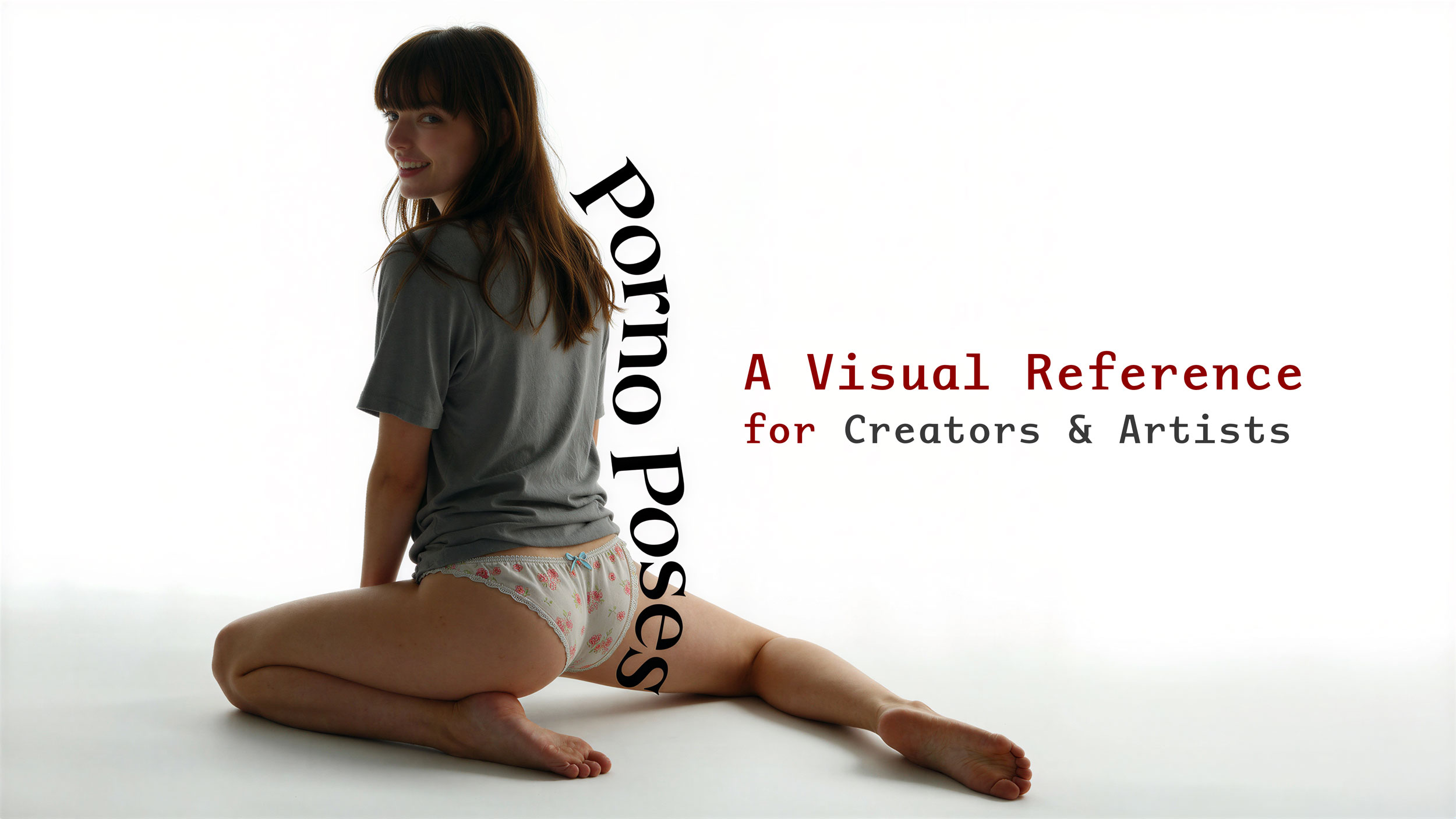
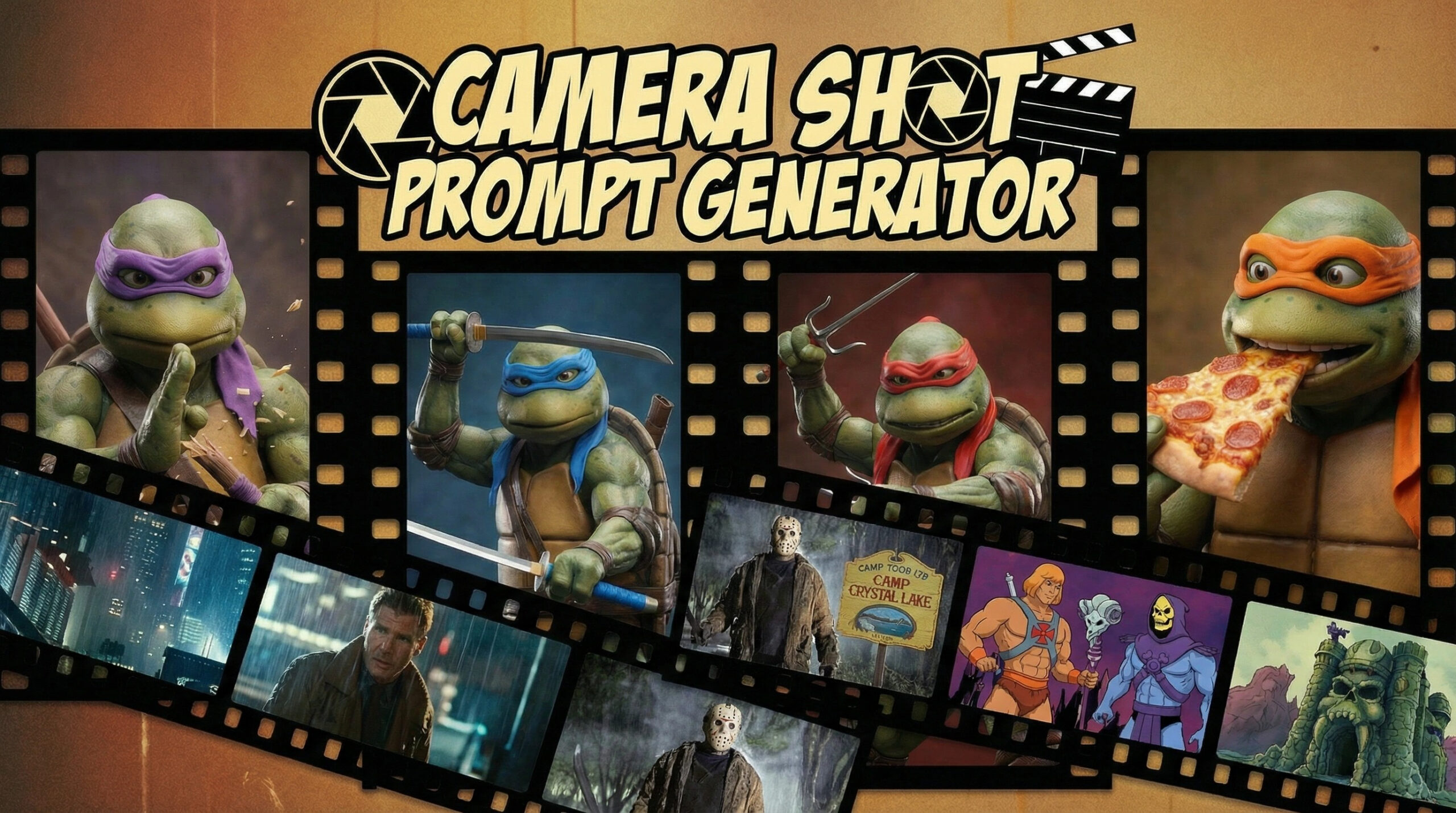

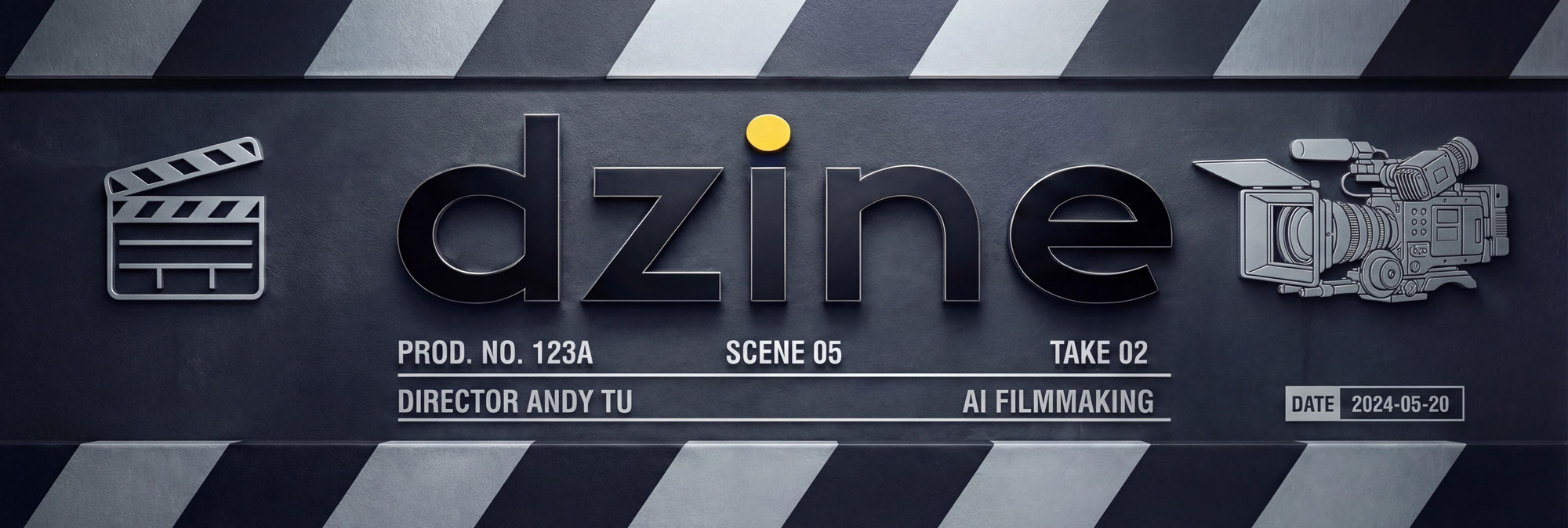
Leave a Reply